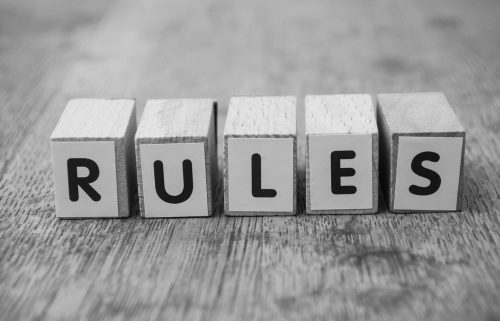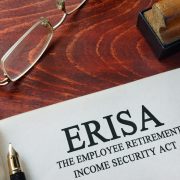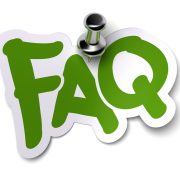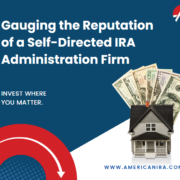Familiarizing Yourself with the Self-Directed IRA Investment Rules
The Self-Directed IRA is an incredibly freeing way to invest. It means you can access all sorts of retirement assets, including nontraditional ones like real estate, precious metals, private loans, and even tax liens. But just like any retirement account, a Self-Directed IRA comes with investment rules. Not just any investment under the sun will be considered legitimate by the IRS.
That is why it’s important not only to familiarize yourself with the ground rules, but to understand these ground rules before you start off your Self-Directed IRA investment strategy. Let us get started:
Understanding Prohibited Transactions
The first thing you have to understand about retirement accounts is that there are certain transactions prohibited by the IRS. To first understand what one of those might look like, let us look at the assets you are not allowed to have within a retirement account:
- A life insurance policy
- Certain kinds of precious metals (for more on which precious metals are acceptable, visit our section on precious metals in a Self-Directed IRA)
- Art
- Alcoholic beverages, including wine collections
- Collectibles
- Using a Self-Directed IRA as collateral for a loan
Looking at this list of assets, it is easy to see why they might not be included. They can either include something that produces immediate personal benefit or may be harder to define when it comes to value. For example, a wine collection may have value that is difficult to define, which makes it challenging to keep in a retirement account and know how much value is in the account.
Any transaction in which you purchase one of the above through a Self-Directed IRA is invalid and prohibited. Do not look to add items like art or collectibles to a Self-Directed IRA. A Self-Directed IRA may be a powerful way to use nontraditional assets, but that does not mean every asset is equally valid.
Rules of Thumb for Sticking to the Self-Directed IRA Investment Rules
It may seem intimidating to look at this list and try to imagine what you cannot buy with a Self-Directed IRA. But there are some good rules of thumb that will help you better understand what you can and cannot do with an IRA. Here are some good ways to think about it:
- Know about “disqualified persons.” A general way of thinking of a disqualified person is that they can be someone you know, such as a spouse, family member, or business partner. You would be prohibited from transacting from them, so even otherwise legitimate transactions become invalid if you transact with a disqualified person. Here is the IRS’s specific description of a disqualified person for retirement account purposes.
- Keep retirement and personal funds separate. This includes retirement and personal investments. For example, you would not be able to purchase a retirement home for yourself and use it within a Self-Directed IRA. Doing so would mean that the retirement home is not an investment, but rather a home that you will personally benefit from. That is great to have, but it should be done with personal funds, not with a retirement account. The same applies to buying a real estate property with retirement funds and renting out that property to someone you know. Doing so would give you personal benefit and is prohibited.
- Use a trusted Self-Directed IRA administration firm. When you work with a Self-Directed IRA administration firm that you trust, you will know that you will be in the right hands. They will not make your decisions for you, but they will help you remain complaint by making sure that your paperwork is in order. It is important that you not only understand the rules, but that you work with people who understand the rules, and work to honor them.
Interested in learning more about Self-Directed IRAs? Contact American IRA, LLC at 866-7500-IRA (472) for a free consultation. Download our free guides or visit us online at www.AmericanIRA.com.








